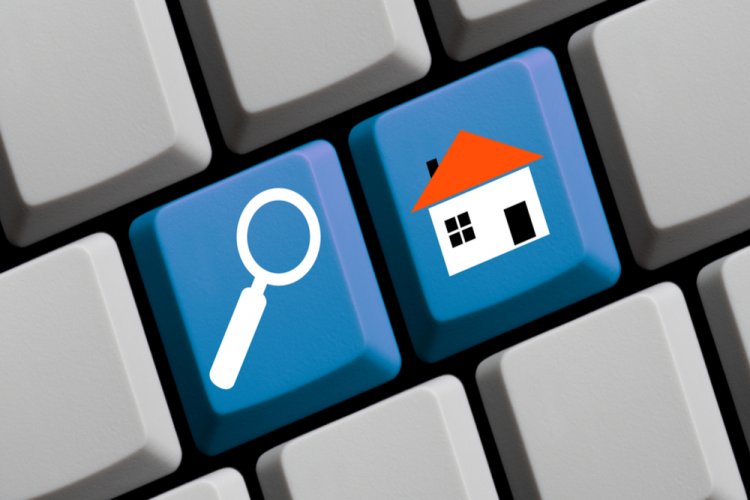Impact of Technology on the Real Estate Industry
The shift towards real estate technology cannot be ignored, embracing technology means the real estate world will grow exponentially as more “tech solutions” towards real estate are “birthed”.

The real estate sector is ever-changing and being re-defined by technological advancements. As Peter Williams, CEO of Deloitte Digital, said “Real estate agents will not be replaced by technology but by agents with technology”. Technology will ensure seamless and efficient solutions to real estate problems. Those opposed to advancements of technology in real estate are “living” on borrowed time. Adapting to change in real estate caused by technology gives one an edge over their competitors. Some of the areas we observe technology in real estate include the following:
Big Data: Data analysis ensures customer experience is factored in any decision regarding a realtor’s needs. Data analytics considers all the latest industry trends. Additionally, in getting organized data, real estate companies will target the right clients; know who they are, when they want to purchase properties, their location and how they can reach them in the most effective manner. Simplifying data ensures you meet client’s specific needs and retain them for future real estate business.
Artificial Intelligence: Commonly known as AI, this is important especially towards improving security, customer facial recognition in houses and managing risks of security threats. Some AI tools answer questions that are automated through chatbots especially frequently asked questions. Additionally, AI could predict the “perfect” investment opportunities to investors eyeing real estate ventures.
Social Media: Technology, social media and real estate are doors and hinges. Social media has driven real estate marketing to exponential levels. From house exhibitions done online, to property sales via real estate sites, Social media is indeed the world where realtors meet despite geographical barriers. Furthermore, real estate enthusiasts do meet online to discuss real estate ventures due to the advent of the Covid-19 virus. Online platforms include Zoom, Google Meet, and Microsoft Teams.
Internet of Things: (IoT) The internet of things encompasses automation and smart homes. An example includes the amazing ability to control items around the house from curtains to electricity with a hand-held device or voice command. With Smart homes application, property location in the future could be visualized in applications. Smart homes also feature CCTV cameras that increase security and surveillance around properties.
Building Technology: Technology that saves building costs and is environmentally friendly and efficient is in high demand. Low-cost housing saves labor. To put this into perspective, in 2014, Winsun a company based in China pioneered a 3D printed house. In comparison to the traditional construction methods, they were able to save up on 80% of the construction costs and 60% on labor. Reducing costs ensures finances are explored on other real estate ventures.
Finally, because the shift towards real estate technology cannot be ignored, embracing technology means the real estate world will grow exponentially as more “tech solutions” towards real estate are “birthed”.
-Edited by Skeeter Imisa
































